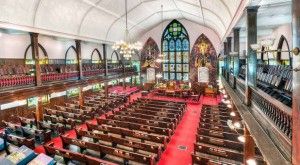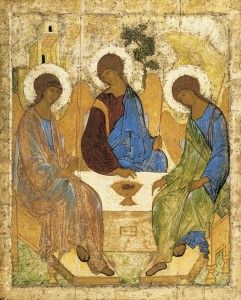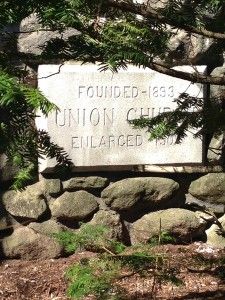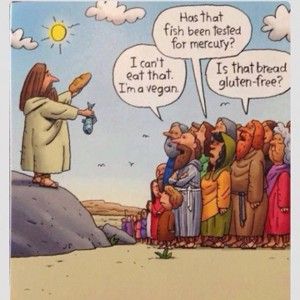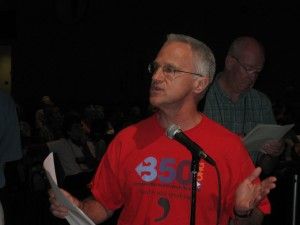For everything there is a season, and a time for every matter under heaven. This text comes to us from the book of Ecclesiastes. It’s a part of the collection of Hebrew Scriptures known as “wisdom texts.” I will admit, though, that I sometimes have my misgivings about just how wise it is.
Let me quote the very beginning of this book: “Vanity of vanities, says the Teacher, vanity of vanities! All is vanity. What do people gain from all the toil at which they toil under the sun? … All things are wearisome, more than one can express…” This message of futility may sound right on to you, but it is not really consistent with the rest of the Bible. Many have wondered why Ecclesiastes was chosen to be included in our biblical text at all. Perhaps it is because it has been traditionally believed to be wisdom collected from the great King Solomon.
But this particular section of the text, the one that Annie read, has become very popular. It’s often chosen for funerals and memorial services. Others know it because of Pete Seeger’s song “Turn, Turn, Turn.” There’s something about this text that captures for us the great variety of human experiences, the mysterious patterns they make in our lives, and the difficulty of finding meaning in it all.
For everything there is a season, and a time for every matter under heaven – A time to be born, and a time to die… a time to weep and a time to laugh… a time to keep silence, and a time to speak. There is a time for everything, it seems; except for rest. (more…)

